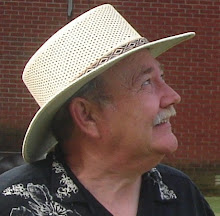
Ordinary, Virginia
By 1668, ordinaries were so common in Virginia that laws were being established to limit how many could operate in a town or village. Although an ordinary was defined as a combination of a general store and an inn, they were really popular places for patrons to drink beer and ale. By the early 1700’s, the word “ordinary” was rarely used. These places were now known as taverns. Ordinary, was chosen as the name for this Virginia community because of its tradition of having so many ordinaries or taverns located in the area. Again, an ordinary name has changed in meaning to us after many years of transition.
Photo courtesy of Library of Congress





